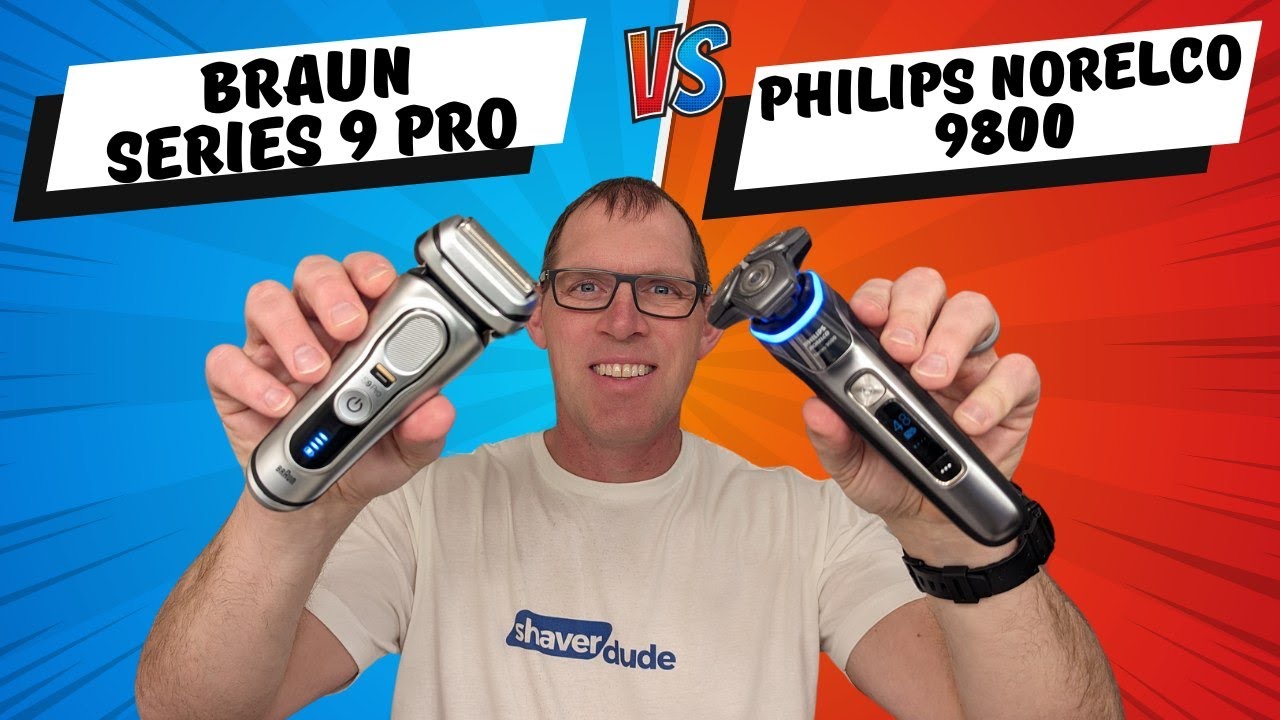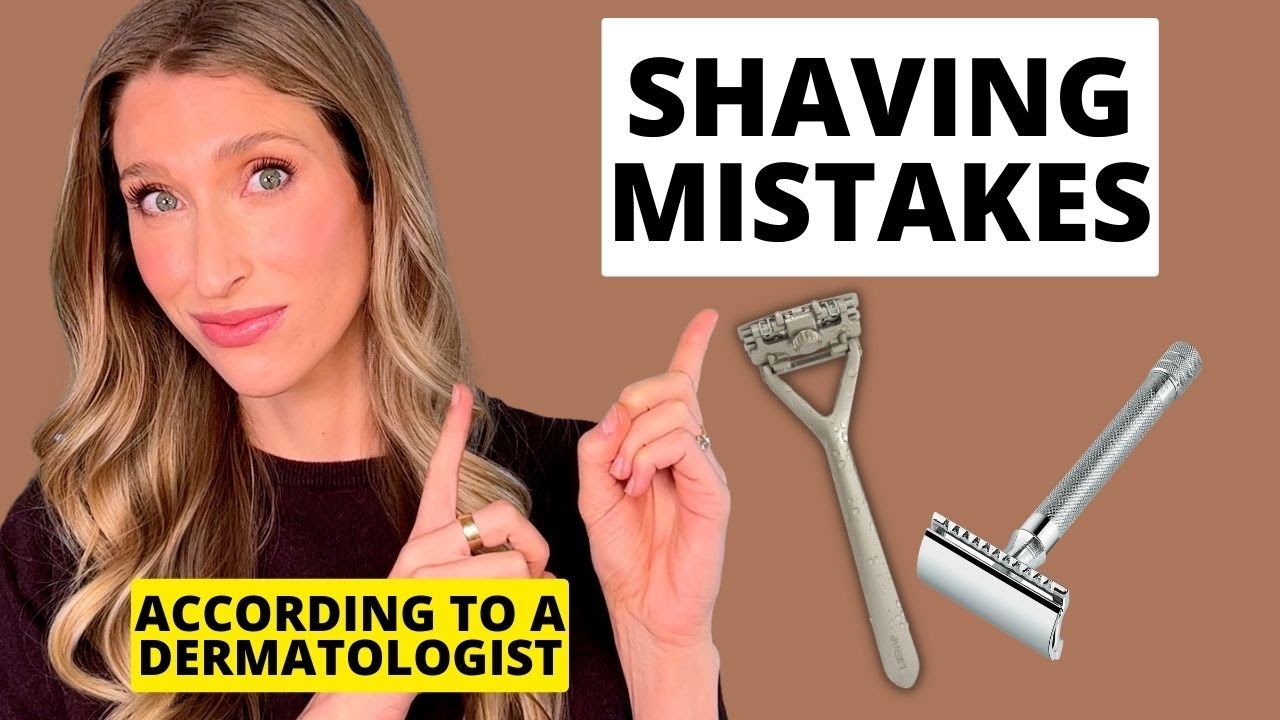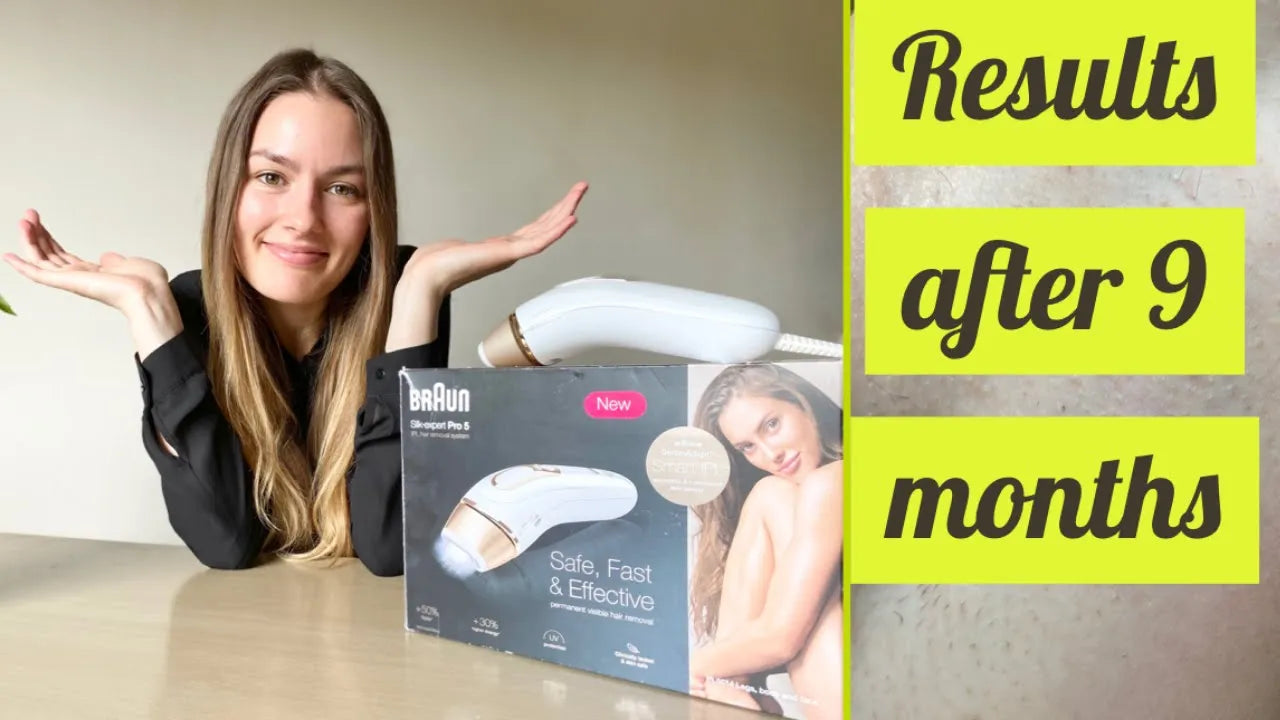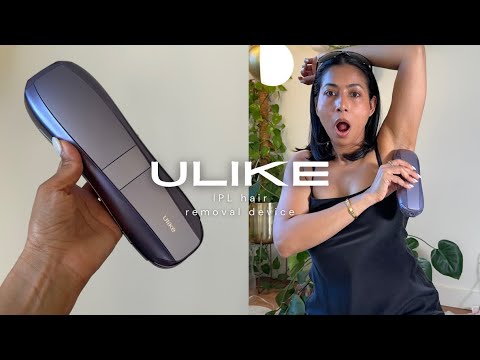
Eva Husson is a writer and a director. Her second feature, Girls of the Sun, a film inspired by the true story of female fighters who took on ISIS, had its world premiere at Cannes and is now in select theaters through Cohen Media Group. Her debut feature, Bang Gang, premiered in 2015 in competition at the Toronto International Film Festival and was also selected at the BFI London, Rotterdam and Ramdam festivals. Husson has been a nomad most her adult life, living between the States, France, Spain, England and Puerto Rico, but was born and raised in France. She has a Masters in English Literature and a BA in Spanish Literature from the Sorbonne University, and an MFA in directing from the American Film Institute in Los Angeles. (Image by Caitlin Cronenberg.)
death
Eva Husson
father
film essay
Girls of the Sun
Words.
I haven’t had words for months.
No words to wear, no words to scream, no words to spit, despite the mad violence that nests in my guts.
Pure pain.
The pain that growls, the pain that shakes, the pain that comes from deep within, the pain that comes to life with us, the primal pain that can only emerge twice in a life, the telluric pain of the loss of the father, or the mother. The loss of the link above, the loss of the primary shelter.
I am an adult and yet, all of a sudden, I am a child again. I plunge into that state you thought you’d never live again, a very physical connection to the person you come from. The feeling of your body extending to your parent’s body.

My father has died, his death terrible. Ruptured aneurysm, or aortic hemorrhage, they don’t know really. Maybe both, actually. The only certainty: the body as a wreck. The aorta leaks blood everywhere. It invades the abdomen, the mouth, the brain, probably. I have images, smells and sounds from those 24 hours in the hospital that assault my mind, day and night. The red liquid that fills the mouth, keeps staining the gauze that is supposed to protect the lips from the intubation but does not – he will die with the imprint of the plastic on his skin. The gurgling of the blood that obstructs his breathing, that keeps on conjuring up the sound design of a bad horror movie – except it’s my life, and it’s my Papa, and I can’t turn it off. The cold sweat that keeps forming all over his body, that freezing, gloomy sweat that covers his skin like a warning – he’s leaving, he’s leaving – and that I try to fight off by covering him with my cardigan, desperately trying to warm him up, because when you’re warm, you’re alive. When you’re warm, you’re alive. But Papa is cold, and has a blood pressure of 45/30, which is the mathematical equivalent of a death sentence.
I called him, that day. I hadn’t called him in a few days and I felt the urge to call him, let him know I was thinking of him. He’d been battling cancer for a year by then, in and out of coma, in and out of hospitals, as I was in and out of shooting, in and out of editing, in and out of trains to take the three-hour trip to see him. He underwent every type of torture modern medicine has to offer: radiation, chemotherapy, a massive surgery – a massive butchery. He had such bleeding they had to open him up brutally, take the stomach out, push the right lung to the back of his thorax with such force it refused to inflate again for months. He flatlined. In short, they did what they could, saving his life, but only just. After that, the scar on his oesophagus never fully healed; for a while, he couldn’t even eat. His body was struggling to just survive. After his convalescence, he was constantly tired, and didn’t even read anymore. My father not reading was like a cat not grooming. He was a Spanish teacher, an intellectual, a man who would underline scholarly books about Aztec or Inca culture, about indigenous poetry, about the Inquisition, about the genocide of the natives by the Spaniards, fascinated by South America as he was. Also in my thoughts was my mother, who’d had a stroke 18 months before, and for whom a full recovery seemed like a distant dream at the time; it had been a trying period, to say the least. They’d been divorced for 30 years and thankfully they had spouses to take care of them – even though it’d been challenging with my stepfather, a philosophy teacher who is not exactly the most practical or kind person. So when my father told me he’d call me back after his visit to the doctor, it felt like a routine talk. I also didn’t read too much into his WhatsApp message at 3:21 p.m. on the family group chat: “What a bummer. I’m going to the ER. It’s potentially serious, it’s related to the scar. Hopefully without consequences. I wish you all the happiness in the world. ILY”
ILY. I love you. The family signature since the dawn of times. YFWLY: YOUR FATHER WHO LOVES YOU. YDWLY: Your daughter who loves you. I’ll never read this acronym again, YFWLY. ILY included my mother for the first time in 30 years.
I wish you all the happiness in the world.

His wife calls me at 5. She is sobbing through the words, so upset I can’t make sense of what she’s saying. He had started to vomit blood by the bucket, they’d extracted her from the ICU, she didn’t know more. I remember the guilt. I was doing the most futile thing in the world – getting a fucking laser hair removal – as my father lay dying in his own blood. Much, much later, I learned he’d been vomiting blood all night. Blood clots. He would have had to go to the ER in the middle of the night to have a remote chance of survival. But my father was always seeking death, I think. You don’t smoke two packs a day for 30 years unless you are. Especially if you have a heart attack along the way. But my father didn’t go to the ER early on. He waited – waited for the light. Maybe he wanted to live a last morning at his lovely town house in Normandy. Sit in the garden and watch the flowers one last time? I’d do that. Why go to the hospital if you know it’s the end? Why not die at home? I guess you want to spare your spouse the trauma, the mess – even though, wherever you are, death is messy. So he called 911, but there was no doctor on call. There was no doctor on call for a full 12 hours. So what did my dying, hemorrhaging father do? He went to the GP. Apologizing profusely for showing up unannounced. My father spent his whole life apologizing for breathing. He was the child of a general who, while on leave during the war, got my grandmother pregnant for the sixth time. That last pregnancy broke her. She entered a depression that never left her until she died, when my father was 22. Hence my father came into this world as an unwanted child who apologized until the day he died for breathing and disturbing the fabric of space-time for other people.

When my father’s wife calls, I check when the next train is, and start running through the streets of Paris. I’m 15 minutes away from the station, the next train is 13 minutes later. I never understand why people run for love in the movies. You run when there is a tragedy, not because life is a rom-com. I see the doors close and the train leave as I’m left weeping on the platform. I call my brothers. The eldest, as usual, doesn’t pick up – a fucking metaphor for his life. The other, Manuel, the middle one – I’m the youngest – keeps on telling me that he has a class to teach, that he has to honor his commitment. I get dramatic and scream that his father is dying and that it’s probably the last chance he’ll get to say goodbye. After a while, it finally hits him.
I’ve spent enough nights in hospitals to know I’m not dressed properly. It’s gonna get cold, and the only thing I’m wearing is a summer dress. I buy trousers, a cardigan, a jacket, a sweater for Manuel to keep him warm (I will get rid of all these clothes shortly after). He arrives, we get on the train, we hardly speak; it’s surreal. An hour into the trip, we learn our father is being transferred to a hospital in another town, Rouen. It’s on the same line, so we stop there, check into a hotel, go to a restaurant to get some food in before things get real. At 10, we get a call from my stepsister: “Eva? They didn’t have the time to transfer him. Your father died.” Nothing more elaborate than that, the only thing she could get out was the information.

Manuel and I start wandering through the streets of this foreign city. We’re nowhere, not at home, not with him, just the two of us in unknown streets in a weirdly hot spring time – there’s nothing remotely normal about what we’re living. We sob and hold each other; it’s strangely comforting, this experience with my brother. He’s the only being who is going through exactly the same thing at the same time as me. I, we don’t know what to do. We’re two lost children whose dad has just died, and we have no clue what we’re supposed to do. I call the ICU to figure out what’s the next step with the body. What was “my father” a few hours ago is now “the body.” The man on the phone is a little surprised when I tell him what body I am referring to.
— Mr. Husson? You’re talking about Jacques Husson? [Pause] Wait a moment, I need to check something. [Pause] Hmmm, I’m sorry, it looks like there’s been a terrible mistake. Mr. Husson is not dead.
— I beg your pardon?
I look at Manuel. And I mouth the weirdest sentence of my life: He’s not dead. Papa is not dead. My poor brother gets interrupted mid-sob. I put the phone on speaker.
— I don’t know what happened, I talked to your mother—
— —she’s my stepmother. Not my mother.
— Your stepmother, sorry, and what I said was that the hemorrhage was so violent that I was not sure he had more than five minutes to live. And then she hung up.
— And when was that?
— Two hours ago.
I turn toward Manuel: it took them over an hour to let us know? While we were sitting at a restaurant, while we checked in at a hotel, when we could have taken a car?
— And he’s still alive?
— Yes.
My heart doesn’t know where to go anymore. It’s bouncing left and right. It’s all too strangely familiar. The heart attack he had when I was 18. A whole week suspended between life and death. Then, six months ago, when Papa was five weeks in and out of coma, to the point where it seemed obvious that we needed to prepare for the worst. I started to grieve. Dreading the morning and night call I’d place to the hospital when I couldn’t be there. And then one evening I called, only to learn he’d been dismissed and was back home – I couldn’t believe our stepmother hadn’t called us. Dysfunctional families.
We check out of the hotel, they’re kind enough to reimburse me, but then the taxi asks for €300 in cash to take us to the other hospital in Le Havre. Because we should never forget that death is an opportunity for business. I’d love to punch him, but it’s the middle of the night, I have to get real. I accept for half of the price, and by card. We fly into the night in silence, it takes us an hour. We get to the ICU at 1:17 a.m., but have to wait another hour. Due to budget cuts, the ICU is understaffed and there is not one person to open the doors for the family of a dying man.

We’re there, but he’s not really; he is in limbo. Not quite here anymore, not quite there yet. His body is covered with an army of tubes, laying on this depressed hospital bed, in a depressed room, that has obviously seen too many people dying. The smell that emanates from his body is not his anymore, but is medical, as his skin evacuates the molecules of all the fluids that are administered to him. It might be the smell of death, also – I don’t know, it’s the first time that I’ve attended a human being’s agony. The doctor tells us he might die any minute now, we’ve made it on time. My stepmother looks like a wolf in distress. She really thought he was dead. Our 30-year-old tension is set aside in that moment.
The three of us hug and cry together, and then take turns to say our goodbyes. I climb on the bed, lay in the tight space left between his body and the side bar, trying to hold on to him, trying to conjure his soul in my mind, see if I can find him somewhere, see if I can get him back, make him cross the Styx again. But the only thing I find is the constant beeping, the alien smell, and the coldness of his skin wet with sweat. I caress his face. I don’t cut his fingernails the way I did in between two comas – his toenails will remain almost unrecognizable, too long, curbed by the disease, striated by age, yellowed by defeat. I open his eyes as delicately as I can. For an instant, I think about A Clockwork Orange, but Alex is alive, despite everything, and in this beautiful water green iris that I have stared at so many times in my life, I can’t see anything anymore, not the slightest trace of the mischievous spirit that once held the fort together, the fort that was also one of the most anxious and defeated I ever met. The soul of the little boy who was abandoned in a boarding school at 6, right after the war, the little boy who was left behind and hated his own parents for the love they never gave him. I no longer have access to that soul. Death has set in, and already conquered it.


The minutes pass by, become hours. Nobody understands how he is still alive. Or, better said, how he is still undead. By 8 a.m., I’m cried out and have said my goodbyes enough times that they don’t mean anything anymore. We decide to take turns being with him. Manuel and I go to his house (my older brother is still nowhere to be seen, and still hasn’t replied to our messages). I search for our letters in his study. Especially the letters I asked the whole family to write him for his 70th birthday. Mine is harsh. When I turned 30, I invited him on a trip with my first paycheck ever as a filmmaker; I wanted to go on a trek in the desert, to reflect on my life and the decade that was coming ahead, and my dad, who did not speak much, seemed like the perfect companion in my quest for introspection. It also seemed like a great bonding experience, a way to figure out our relationship as full adults. I ended up figuring it out more than I wanted to. The local guide started harassing me on the second day. I felt I could handle it at first, but when he promised he’d come and visit me in my tent in the desert because “I couldn’t say no until I had tried,” I started freaking out. The image of my being raped in the tent next to my father popped up in my mind and I did not enjoy it. I decided that whether I liked it or not, I needed the help of patriarchy to counter patriarchy. My father said only one thing: “You ran away from home at 17, you’ve never asked for my help since then, you’re a big girl, you can handle it by yourself.” I didn’t say a word. I turned away and fumed for days. Weeks. Years. I was so angry that, after, when I told the guide to not even think about it with daggers in my eyes, I think he understood I was too volatile to be a satisfying prey. He dropped it, and I stared at him with fury as I paid him in cash at the end. He’d harassed me and on top of it, I had to pay. (Years later, he seemed to have forgotten the incident since he emailed me to see if I was interested in investing in his upcoming business.)

In the letter I sent my father for his 70th birthday, I was simply telling him we never developed a satisfying relationship as adults because he never stepped up to the plate. The trip to the desert was just one example of a never-ending disappointment. There was also the negative fixation my stepmother had on me since I was a teenager. All the little schemes, the scenes she’d make when he spent time with me. One Christmas, she refused to let me come home – and neither he nor my brothers protested, because they feared her scenes more than ostracizing me. You can move on from such episodes, but you don’t forget. In my letter, I told him it was his last chance to have a meaningful father-daughter relationship, to do things with me, to engage. But something was stuck. Somewhere, the little boy who never had a proper father figure only knew angst and withdrawal and silence, and the only effort he could muster, and that I acknowledged, was to become a lovely grandfather to my son, who’d literally spent a whole week with him a few days before.
The point is: death summons anger. As my father lies dying, I cannot stop being angry at him for leaving, for not taking care of all the things that I thought we still had time to untangle. All the pain and the silences. And then, I am angry at him for hanging onto life when his body can’t take it anymore, when we can’t take it anymore. As if someone had opened a door in me, a door that opens onto a dark space that I did not know existed, a metaphysical vortex, a negative energy that goes through me, a fury, a lamentation inherited from my ancestors and all those who attempted to warn us before, but that we didn’t listen to. It is an emotion so primitive and dark that it possesses a name in only one culture, an isolated tribe that lives in the Philippines, the Ilongots: it’s called liget. The closest translation would be “high voltage.” They choose to release the tension by collectively – and literally – head hunting. Death is like childbirth: you can prepare yourself all you want, it might be universal, but it is the most intimate, the most unique, the most primitive experience that exists. You go through it like an animal, the best you can.

What I start to feel is not pain. It is not sorrow, like when we were told he was dead in Rouen. It is this physical shell shock, this constant drone of an earthquake, this physical absence of feeling, a heavy numbness coupled with waves of dizziness, astonishment, anger, waves of pure weight, as if the cells in my body had to carry my whole skeleton so that I didn’t collapse. Those waves start by his bedside and reverberate like aftershocks for more than six months. When I come back from his house where I slept for a feverish 30 minutes, I go see the doctor.
— How long is it going to last?
— We can’t know. It might be minutes, or hours.
— Would he still be alive if he was not hooked up to these machines?
— No, his lungs can’t breathe by themselves anymore.
— So why do you keep him alive then?
— Because his body can’t stay alive by itself.
— That’s precisely my point.
I start crying.
— His body is tired. He mistreated it for years, then medicine failed and tortured him a first time, and the only thing you’re doing is prolonging the agony. It’s not human. He would hate it. He’s not even there anymore.
— What are you asking me?
— I’m asking you to reintroduce humanity in this process. I know everybody thinks they’re doing their best, but their best is not the right thing.
— We don’t do euthanasia. I won’t do that. Do you realize what you’re asking of me? Have you ever been haunted by someone? I don’t want to live that.
The doctor and I argue for a while before I leave, even more angry, and sad. I suddenly feel the overwhelming urge to hug my son, to accompany my own 4-year-old boy in the difficult journey of grief. I need to be with the living. I can’t take anymore of this nonsense, of this undead zone, of the absurd treatment of modern medicine. My elder brother Julien still hasn’t arrived, and I am out of goodbyes and poetry and cutting small curls from the white mane that has been the defining feature of my father since he was 30.

I give a last glance at what remains of my father’s spirit, feeling that the corporeal shell laying on the table is as much him as are his shirt and trousers. The only thing that worries me is the idea that he would die alone, however gone he is. He’d come unwanted into the world, I want him to feel the love of his own children. I make Manuel promise me he won’t let him die alone. Julien arrives around 5 p.m., after I leave, and to my surprise, as the medical team changes shifts, they hear my plea and tell us they can schedule my father’s passing at 8:45 that night, May 8 – a week before his 76th birthday.
I take the train home. Completely blank. I only remember arriving home. I’m howling in bed, with my husband and my son holding me, giving me all the love and support they can. Gaspard tells me: “Don’t be sad, Maman, I’m here for you!”
Later, on the balcony of our warm apartment, which overlooks the canopy of the park we live next to, I improvise a little ceremony in front of the sunset. I explain to my son that we’re going to accompany Grandpapa on his journey. At 8:45, I raise my glass to the sun, Alexandre and Gaspard do the same, and a breeze gently brushes the trees as if a giant was caressing their leaves. I tell Gaspard, “Look! That’s Grandpapa telling us goodbye. He just left.” “Oh!” says Gaspard.
Alexandre and I cry silently, and Gaspard bursts into tears, inconsolable. But then, 4 or 5 minutes later, he stops as quickly as he started. “Don’t be sad, Maman. We’re here.”
I smile through the tears.
— You know what’s lovely?, I ask him.
— What?
— Every time we see the winds in the trees, we’ll know it’s Grandpapa giving us a hug and a kiss. He’ll be there, with us.
— Look! There! He’s doing it again!
And I hug Gaspard for a long, long time.
At 10 p.m., I text Manuel. How did it go? He replies instantly. “Er, I meant to tell you. We haven’t done it yet. Julien decided it was too sad that Papa died on the day of the Armistice since he was born during the War, so we’ll do it a little after midnight.” I sigh. But I understand. It’s hard to let go. You find reasons, however irrational they are. But then, for the Nth time, my father’s undead. How many times can someone undie? I don’t tell Alexandre or Gaspard, they don’t need to go through what I’m going through. I fall asleep, exhausted. My Papa passes away while I sleep, as Manuel is holding his hand and telling him he’s a condor flying over the Andes, free to go.

Three days later, I present my movie, Girls of the Sun,in competition in Cannes, to a crowd of 2,000 people. The only thing that fills my mind is that Papa is not there. I am so angry and confused. The Women’s March takes place on the red carpet of my movie – it’s an honor, a historic moment, I am part of these 82 women who’ve made history and have reached that holy land of filmmaking that is usually reserved for men; society is changing and I’m part of the change. But more than anything, I’m on autopilot: I smile and pose and wave and smile. But more than anything, I hurt and ache like an animal in a golden cage. The only time when I am truly able to be in the moment is when Gaspard jumps in my arms to wave to the crowd like the Queen of England. I rest him on my hip as we enter the Lumière screening room, where I discover with astonishment that 2,000 faces are turned towards us, cheering and clapping with pure joy as if it were a giant concert. I meet the gaze of a prep school friend whom I haven’t seen in years who is in tears, my eyes well up, Gaspard is euphoric, and for a fleeting moment, the two of us absorb the magic energy of the crowd and the weight lifts off.
But it lasts a second, and one of the happiest days of my life becomes one of the most painful. Every second reminds me of his absence, and when the credits roll and I’m about to pass out in despair, convinced that everybody hated the movie, when people give the movie a 17-minute standing ovation, I look around at a complete loss – especially when the Kurdish cast starts chanting Jin Jiyan Azadi: “Women, Life, Liberty.” (There’s an eerie video of that moment on YouTube.) As I’m scanning the crowd, my gaze stops on Pedro Almodóvar, standing six feet away from me, applauding me, smiling at me, radiating kindness. Tears come to my eyes. If that’s not a mischievous wink from my father, I don’t know what is. Not only does Almódovar have some physical resemblance to him, with his white mane and bear-like figure, but my father is the one who introduced me to his cinema and every single one of his movies. Almodovar is home.
The days and weeks after are a blur of pain. I bury my father the day before the Cannes awards ceremony. The distributor flies us back because we might have won a prize. We haven’t. The roller coaster takes on epic proportions. Then between a huge amount of press for the movie and polishing the edit, I don’t stop working, I have no time for it, and I feel I’m drowning in the violence of it all. I carry it around in my entrails. It goes everywhere with me. Sometimes, I dream about a ceremony in a forest, where a shaman would exorcize that ball out of me. Sometimes I visualize it, almost like an animal, or a body-snatcher, comfortably squatting in my insides, feeding from my soul, a parasite of my life.
As I write these words on a beach in the States, a few months have passed by. The racket of the Atlantic echoes the ones that terrified and fascinated me as a four-year-old girl in Isla Cristina, in Spain, as I watched my 40-year-old father dive and swim into the powerful sea. I summon the tracks of childhood, of eternal time, and for the first time in months, I feel soothed. Lately, I have been incapable of doing the simplest things – emails, work obligation, family life. Nothing makes sense. I need to be alone, and write, and read. I need to recenter myself. A question of survival. I just spent a few days with James Baldwin and Another Country. Though Rufus’ pain and loss, his anger, are different from mine, I find an echo in it, and am able for the first time to put my father’s death into words. I realize Baldwin has exfiltrated me from my own abyss with his extraordinary ability to dissect the flows of the soul and its sinuous paths; guided only by the most ruthless, demanding honesty, Baldwin fears no impulse, no vulnerability, because they are human and shape who we are. I am in tears as I read the first 20 pages. I am in tears, as emotions finally reach me. I am in tears, and at peace for the first time in months.
At last, I am at home, the home of pain, except I’m not alone, the words have come back to me.
Talkhouse Weekend Playlist: Ibibio Sound Machine Echoes the Sounds of the Past and the Future
Introducing: Lonely Parade’s “Index Finger”
Editors' Choice: Related Talks
Every BeingThat Lives
On Compulsive Home-Movie-Making During Loss, Birth and Hamlet
“Everybody Dies Frustrated and Sad and That is Beautiful,” or How Satyajit Ray’s Pather Panchali Helped Me Through a Shitty Time
Making Movies, Making Babies (and the Monster Beside Me)







































